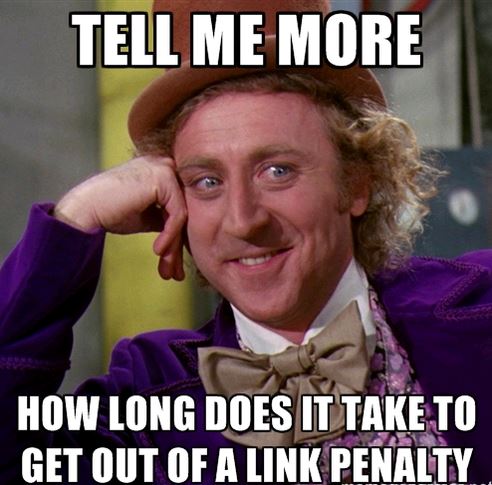Google Ads you are Bad At Marketing. Talk about theft.
Before 2011, Google would give us (the public) all the organic data, they would show what someone searched before getting to your website. After 2011 Google started to hide organic keyword data from us and now (almost the year 2025) we barely get any data. As marketers, that data was very useful, but hey it was free and we were not paying Google for any of those clicks.
Google Ads is a completely different story. When it comes to Google Ads, we are paying for these search terms and Google provides this list which is in the Google Ads dashboard. In the data they also provide a list of terms we do not get clicks on but do get impressions for. Over the last few years we have managed many campaigns for clients in several industries. As with most Google tools the data is never easy to read. Google makes us jump through hoops to collect data. Obviously for SEO it is what it is, the traffic is free and beggars can’t be choosers right? Google Ads though… we should see everything we pay for. If a keyword has only one click that costed 10 cents, we should see what that click was.
Google does have an option to let them know we do not want to target a search term by adding what they call “negative keywords”. If we can tell Google we never want to get clicks for a keyword, shouldn’t we get money back on the keywords that made no sense for said business? We should but we do not! Google keeps the money! If you pay for something like a search term, you should have the data, right? Unbelievably and with their overpowering hand.
In addition to Google not refunding irrelevant terms, as they did with SEO after 2011. They are now charging for terms we cannot see in the overall search term data. Here is an example of a 90 day campaign (click to enlarge):
This client spent over $30,000 on “other search terms”. We reached out to Google to see why they do not give us this data and here’s what they said (canned response?):
“Thank you for your response. I apologize for the inconvenience caused to you.
Upon checking your response, I would like to inform you that other search terms have lower spend or don’t have an identifiable search category due to which they are categorized under other search terms.
I understand that we are unable to show the other search terms and the keywords that they triggered for however, Google automatically filters the invalid clicks from your reports and payments so that you’re not charged for those clicks.
If we find that invalid clicks have escaped automatic detection, you may be eligible to receive a credit for those clicks. These credits are called “invalid activity” adjustments.
Please be informed that each click on an ad is examined by our system, and Google has sophisticated systems to identify invalid clicks and impressions and remove them from your account data.
I hope the information provided is helpful. If there is anything else that you need assistance with, please feel free to reply back via this email thread and we’ll be happy to help.“
The data we shared above has over 8,000 search terms that did not have any clicks and in most cases only 1 impression and Google provided the data for those impressions. If Google is going to show us data that has no clicks and 1 impression, how does their reply make any sense? how come they are not showing us where 50% of our ad budget is going? Why can’t we turn off “Other Search Terms”? Are they stealing money from everyone and getting away with it?
Here is data from one MCC account we mange:
Yup that is over $1 million in “other search terms” and we have several accounts like this. We are not lawyers but this seems like grounds for a class action lawsuit with the likelihood of an extremely large settlement.
The rabbit hole goes deeper.
When you set up a search campaign, you are expecting to be listed in Google searches. Well Google does a little more by default. They automatically have display and Google search partners added to your campaigns (unless you uncheck the boxes google “recommends” but also auto selects). Google claims that they are targeting good relevant sites to categories we select when setting up the campaigns. We have a few clients such as more recent “luxury real estate condo” client and all their keywords and website content reflects just that. Google charged them thousands of dollars and sent them mostly traffic from Section 8 housing websites, foreign websites and websites that have nothing to do with the brand, business or website. It has nothing to do with the settings we gave Google Ads. We have tons of cases like this. Case after case of these auto selected “display network” campaigns targeting irrelevant websites.









 It is not the first time I hear about Yelp’s greedy extortion type tactics come to light. This company has been at it for years, in fact The Huffington Post dedicated an entire tag to it on their site “
It is not the first time I hear about Yelp’s greedy extortion type tactics come to light. This company has been at it for years, in fact The Huffington Post dedicated an entire tag to it on their site “